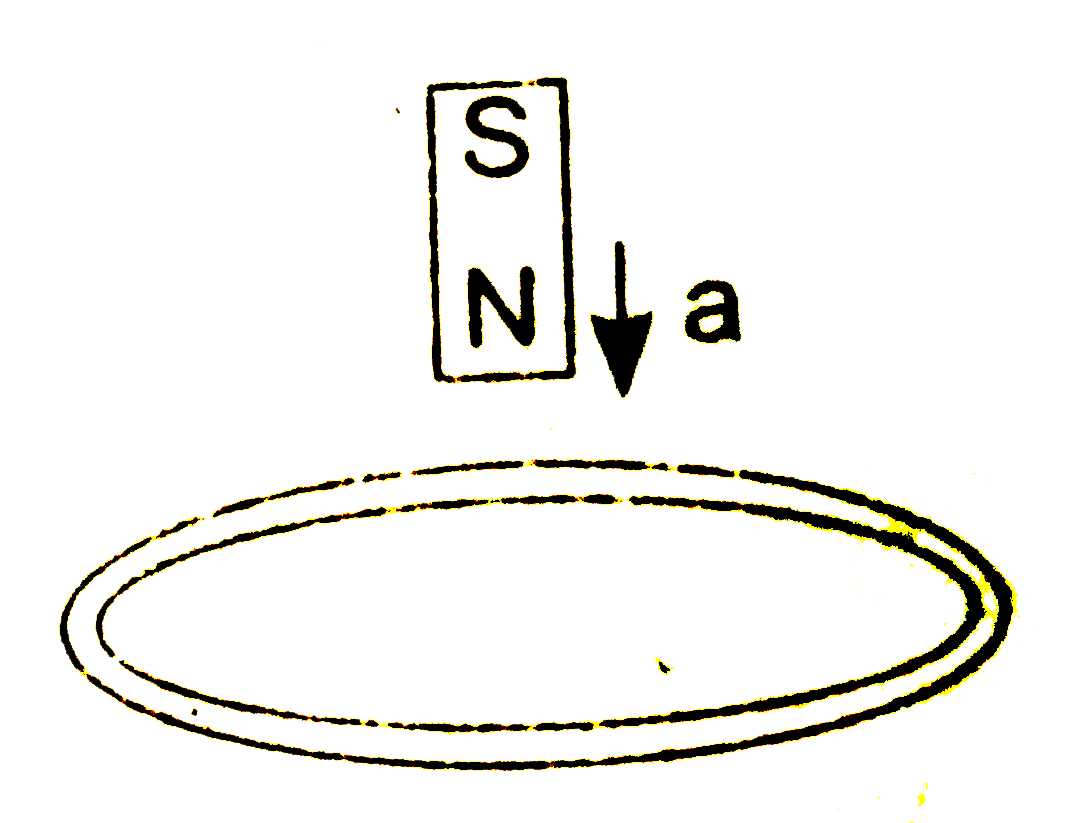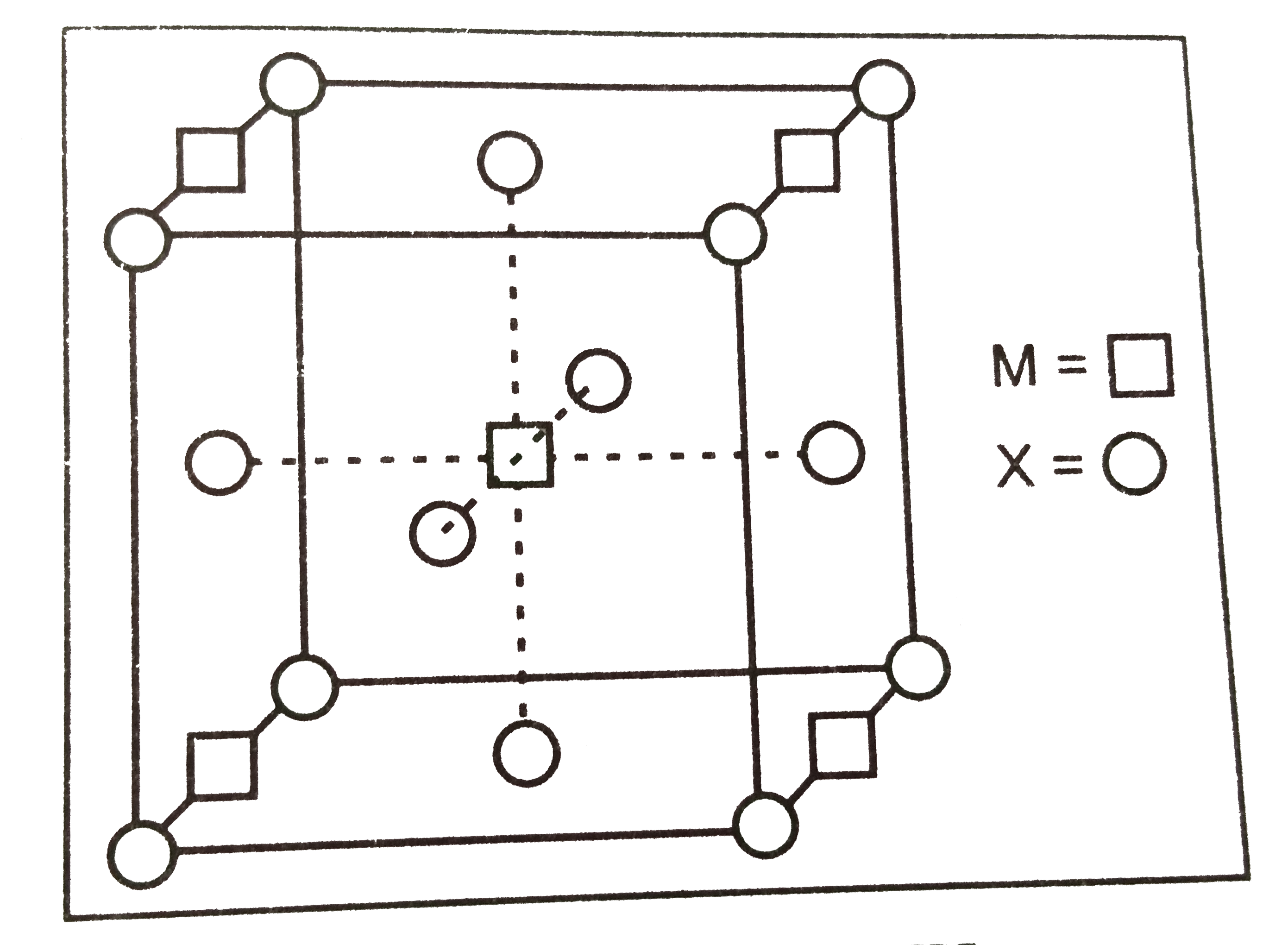'PδQ' means 'P is neither greater than nor equal to Q'.
'P%Q' means 'P is neithre smaller nor greater than Q'.
'P⋆Q' means 'P is not greater than Q'.
'P$Q' means 'P is greater than Q'.
'P © Q' means 'P is either greater or equal to Q'.
Now in ech of the following questins, assuming the given statements to be true, find which of the two conclusions I and II given below them is/are definitely true. Given answer
Statements: H (c) K, K%R,RδN
Concludions: I. N(c) K
II. R%H
if only conclusion I is true.
if only conclusion II is true.
if either conclusionc I or II is true.
if neither Conclusion I nor II is true.
The correct Answer is:A
Statements :
H©K⇒H≥K
K%R⇒K=R
RδN⇒R<N
Therefore H≥K=R<N
Conclusions:
IN©N⇒N≥K(true)
II. R%H⇒R=H(False)
Topper's Solved these Questions
Similar Questions
Effect: Majority of the employees of the ailing organization opted for voluntary retirement scheme and left the organization with all their retirement benefits within a fortnight of launching the scheme.
Which of the following can be a probable cause of the above effect ?
View SolutionIn a certain code GIVEN is written as MDVJH. How is SHARK written in that code?
View Solutionp - ब्लॉक का तत्व है -
View Solutionचित्रानुसार एक दण्ड चुम्बक मुक्त रूप से एक कुण्डली के बीच से होकर गिरता है। कारण सहित बताइए कि चुम्बक का त्वरण (a ) गुरुत्वीय त्वरण (g ) से कम अथवा समान अथवा अधिक होगा।

View Solutionpx+qy=p−q qx−py=p+q
रेखिक समीकरणो के युग्मो को हल कीजिए :
View Solutionx और y के लिये हल कीजिए: px+qy=1 और qx+py=(p+q)2p2+q2−1
View Solutionजाँच कीजिए कि निम्न प्रायिकताएँ P(A) और P(B) युक्ति संगत.(consistently) परिभाषित की गई हैं :
(I) P(A)=0.5 , P(B) =0.7 P(A∩B)=0 .6
(ii) P(A)=0.5 P (B) =0.4 ,P(B) = 0.4 ,P(A∩B)=0.5
View Solutionएक यौगिक MpXq में X की घनीय संवृत संकुलन (ccp) व्यवस्था है । इसकी इकाई सेल नीचे दी गई है । यौगिक का मुलानुपाती सूत्र है ।

View Solutionनिम्नलिखित कथनों पर विचार करें :
कथन I : यदि A और B प्रतिदर्श समष्टि S के संगत दो घटनाएँ ऐसा है कि P(A)=0.2 और P((B)=0⋅8 तो A⋃B एक सुनिश्चित घटना है |
कथन I : यदि A और B परस्पर अपवर्ती हों तो P(A)+P(B)=1 इन कथनो में :
View Solutionयदि P(A)=38,P(B)=12,P(A∩B)=14, तो P(A/B)=
View Solutionयदि A तथा B दो स्वतंत्र घटनाएँ हों, तो सिद्ध करें कि P(A∪B)=1−P(A')P.(B')
View Solutionयदि α,β,γ बहुपद f(x)=x3−px2+qx−r के शून्यक हो, तो 1αβ+1βγ+1γα=
View Solutionयदि secθ+tanθ=p, हो,तो सिद्ध करो कि p2−1p2+1=sinθ
View Solutionविलयन समीकरण P = …………. T है.
View Solutionफास्फोरस पेन्टाऑक्साइड और फास्फोरस ट्राइऑक्साइड की संरचना में P−O−P सेतुओं की क्रमशः संख्या है-
View SolutionP4 अणु की चतुष्फलकीय आकृति के कारण P−P−P बन्ध कोण 109∘,28 का होता है।
View Solution
